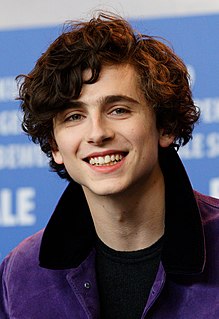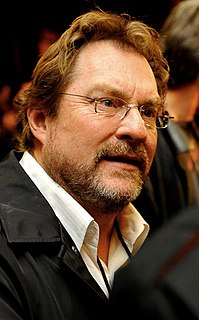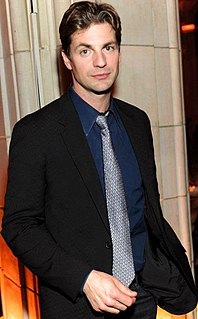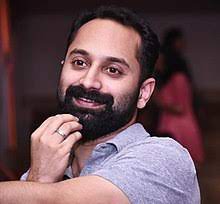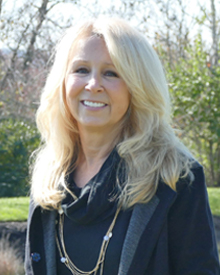A Quote by Kevin Spacey
You are not just, "This is the way I play it every night." You are constantly finding new ways in, new attacks, "I want to try it this way. Maybe this scene is affecting that scene. I want to attack this scene differently."
Related Quotes
I guess maybe I was hired to play in the Doll House because of my dinner scene in The Sixth Sense, which has been scrutinized a thousand times as to whether you know Bruce Willis is dead, or whether I'm talking to myself. I think that maybe if that could be my forte, to do a scene and be able to say it could be read this way or that way.
You are preparing yourself for a scene, and the most important thing is to remain emotionally available and remain in the moment with your scene partner. You don't want to let your own self-consciousness block the flow of creativity that's coming out so that you can act and react, and play what the scene is all about.
have a much harder time writing stories than novels. I need the expansiveness of a novel and the propulsive energy it provides. When I think about scene - and when I teach scene writing - I'm thinking about questions. What questions are raised by a scene? What questions are answered? What questions persist from scene to scene to scene?
Whether it's one scene or 15 scenes in a film, whether it's the lead or a cameo part, if I don't find it interesting, I tend not to do it. You never really know what it is. It could be a one-scene part. I remember I read the one scene in Crash and was asked to do it. I was like, "Absolutely!" There's no formula for how something has to be. I always try to keep it that way.

